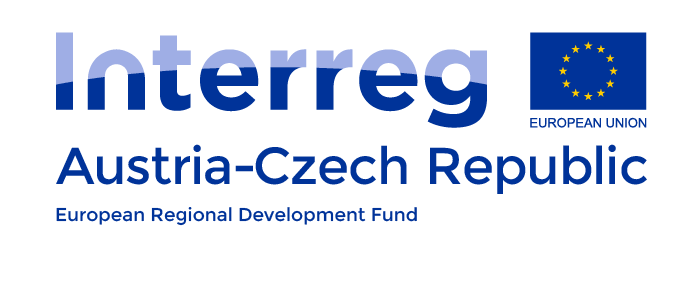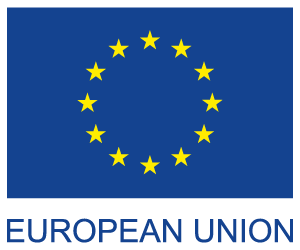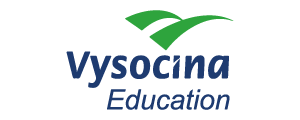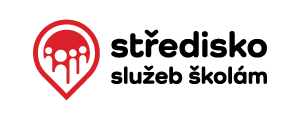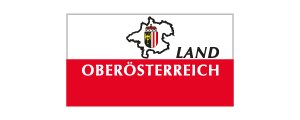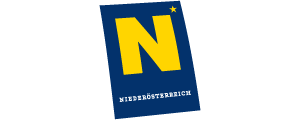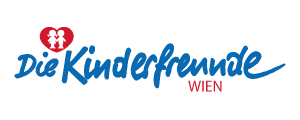
Project Aims:
Language and intercultural skills are essential factors in positive development in border regions. On the one hand, they make social encounters possible and on the other, they lay a key foundation for a common, innovative labour market in the future. Representatives of politics and administration and the general population (in particular parents) are being involved more closely. The aim is to increase acceptance of the languages of the neighbouring regions and of multilingualism in everyday society and business.
As part of the "BIG" project, teaching of the neighbouring languages / multilingual and intercultural education in nurseries and schools is to be intensified in the border regions throughout the project area.
The top priority is to develop the quality and promote continuous, integrated language teaching from nursery through to primary school, with a focus on the interface between the two. Early and continuous language learning, teaching the languages of neighbouring regions/native languages and training for teachers are being planned right up until the final year of school.
Key Outputs:
- Preparation of an overall package for future education work (guidelines, teaching and learning material for continuous language teaching with the deliberate involvement of parents as part of a common educational landscape in theory and practice).
- Establishment of a bilateral knowledge platform to better share the new innovative methods and materials – training for teachers in line with the latest academic and research findings.
- Encounters at all levels are themed; the main topic is the interculturality and integration of (school)children.
Approach:
- Fostering social and communication skills from an early age.
- Teaching multilingualism and the languages of neighbouring regions in an inclusive approach in everyday life and learning situations at nursery and school.
- Testing cross-institutional methods in the light of age-appropriate continuous language teaching. New topics – e.g. interdisciplinary studies (NAWI), healthy lifestyle – are being combined with language teaching and compared and developed on a cross-cultural basis.
- Developing and testing multilingual teaching material.
Innovation:
- A cross-institutional approach to the above points (cooperation between nursery and school teachers) is creating a continuous education landscape.
- Bilateral networking for education providers on the subject of continuous language training at the interface of nursery/school as well as interdisciplinary topics with the help of a knowledge platform.
- Involvement of administrative and educational institutions as those responsible for securing results in the long term.
TERM
01 Mar. 2016 – 31. Oct. 2019
BUDGET
Total project budget: EUR 4.547.031,16
Total ERDF contribution: EUR 3.864.976,48
Lead Partner: EFRE EUR 1.252.163,90
Partner 2: EFRE EUR 481.825,05
Partner 3: EFRE EUR 426.970,29
Partner 4: EFRE EUR 503.758,79
Partner 5: EFRE EUR 569.840
Partner 6: EFRE EUR 481.894,04
Partner 7: EFRE EUR 148.524,41



